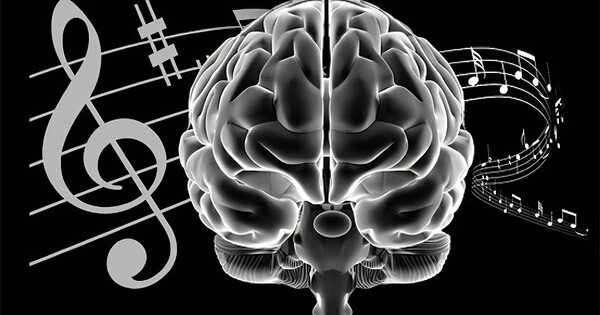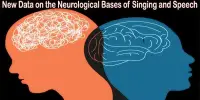Cognitive musicology is a branch of cognitive science that focuses on computationally modeling musical knowledge to better understand music and cognition. It is an interdisciplinary field that investigates the cognitive processes that underpin music perception, creation, and comprehension. It uses concepts and approaches from psychology, neuroscience, music theory, computer science, and other fields to investigate how humans perceive, process, and produce music.
Cognitive musicology is distinguished from other disciplines of music psychology by its methodological emphasis on computer modeling to examine music-related knowledge representation, which has roots in artificial intelligence and cognitive science. The use of computer models gives a precise, interactive environment in which to develop and test theories.
This interdisciplinary field looks into themes like the similarities between language and music in the brain. Neural networks and evolutionary programs are two examples of biologically inspired computational models that are commonly used in research. This field aims to understand how musical knowledge is represented, stored, perceived, performed, and created. Using a well-structured computer environment, the systematic structures of these cognitive events can be explored.
Key areas of research in cognitive musicology include:
- Perception and cognition of music: Investigating how humans perceive and interpret musical sounds, rhythms, melodies, and structures. This involves understanding how listeners extract meaning, emotion, and aesthetic experiences from music.
- Music performance: Examining the cognitive processes involved in musical performance, including motor skills, memory, attention, and improvisation. Researchers study how musicians learn and execute musical pieces, as well as how they interact with each other during ensemble performances.
- Music and emotion: Exploring the relationship between music and emotions, including how music can evoke emotional responses and influence mood and affective states. Researchers investigate the psychological mechanisms underlying emotional reactions to music and how these responses vary across individuals and cultures.
- Music cognition and development: Studying how children and adults acquire musical knowledge and skills, including aspects such as pitch perception, rhythm perception, and music literacy. This research sheds light on the cognitive processes involved in musical learning and the development of musical expertise.
- Computational modeling of music cognition: Computational models are used to mimic and investigate cognitive processes related to music perception, performance, and composition. These models enable researchers to test hypotheses about how the brain processes music and gain insight into the basic mechanics of musical cognition.
Overall, cognitive musicology seeks to advance our understanding of how the human mind interacts with music, providing important insights into the cognitive and neurological underpinnings of musical experience. This understanding has applications in a variety of sectors, including music education, therapy, and the creation of technology for music composition and listening.
















